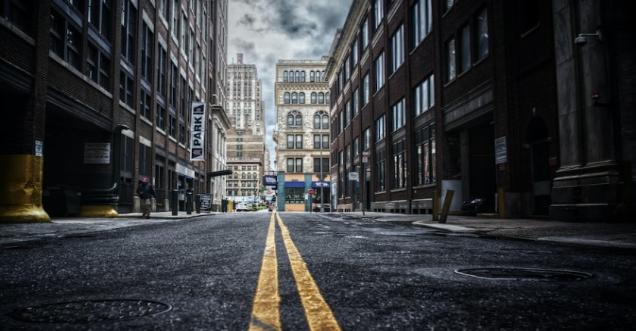
How to Stay Safe in a Public Space
A public space is a place that is open and accessible to the general public. It can be a park, street, sidewalk, square, or other area not owned or controlled by a private individual or organization. Public spaces are vital because they allow people to gather, socialize, and participate in civic life. They also promote health and well-being, encouraging physical activity and providing opportunities for people to connect with nature.
Public spaces can take many forms, but they all have some things in common. They are open to everyone, regardless of race, religion, or social status. They are also free to use and are not owned or controlled by any person or organization.
Public spaces are essential for several reasons. They provide a place for people to gather and socialize. They also promote health and well-being, encouraging physical activity and providing opportunities for people to connect with nature. Additionally, public spaces can be used for civic engagement, such as protests and demonstrations.
There are many different types of public spaces, including:
Parks: Parks are areas of land set aside for recreation and enjoyment. They typically have trees, flowers, other plants, playgrounds, walking trails, and other amenities.
Streets: Streets are public roads that allow people to travel from one place to another. They are also used for transportation, commerce, and social interaction.
Sidewalks: Sidewalks are pedestrian paths that are located alongside streets. They provide a safe place for people to walk and bike.
Squares: Squares are open areas that are typically located in the centre of a city or town. They are often used for public gatherings, such as festivals and concerts.
Plazas: Plazas are similar to squares but typically smaller and more intimate. They are often used for outdoor dining and other activities.
Libraries: Public institutions provide access to books, magazines, and other materials. They also offer a variety of programs and services, such as storytime for children and computer classes for adults.
Museums: Museums are public institutions that collect and exhibit works of art, historical artefacts, and other objects. They also offer a variety of educational programs and events.
Zoos: Zoos are public institutions that house animals from around the world. They provide a place for people to learn about animals and their habitats.
Aquariums: Aquariums are public institutions that house fish and other aquatic animals. They provide a place for people to learn about marine life.
Public spaces are an essential part of our communities. They provide a place for people to come together and enjoy the outdoors. They also promote health and well-being, encouraging physical activity and providing opportunities for people to connect with nature.
Caring for public spaces and respecting the rights of others who use them is essential. We should all be mindful of our impact on the environment and the people around us. By doing so, we can ensure that public spaces remain where everyone can enjoy themselves and feel safe.
The Important question is how one can be safe in the places, especially if no one is around or at night.
Here are some tips on how to stay safe in a public space:
· Be aware of your surroundings. This means paying attention to people and things around you and being mindful of your safety.
· Trust your gut. If you feel uncomfortable or unsafe, trust your instincts and remove yourself.
· Avoid walking alone at night. If you must walk alone, try to walk in well-lit areas and be aware of your surroundings.
· Carry a personal alarm or pepper spray. These items can help deter an attacker or give you time to escape.
· Don't wear headphones or earbuds. This makes you less aware of your surroundings and can make you a target.
· If you are followed, go to a public place or call the police. Do not go to your home or a secluded area.
· If you are attacked, fight back. Scream, yell, and make as much noise as possible. This will attract attention and help you to escape.
It is also essential to be aware of the specific risks in your area. For example, if you live in a city, you may need to be more aware of pickpockets and muggers. If you live in a rural area, you should be more aware of wild animals or other hazards.
Following these tips can help you stay safe in public spaces.
· Stay in groups. This is especially important at night.
· Let someone know where you are going and when you expect to be back.
· Dress appropriately. Avoid wearing revealing clothing or jewellery that could attract attention.
· Be mindful of your belongings. Please don't leave them unattended.
· If you see something suspicious, report it to the authorities.
It is also essential to be aware of your safety habits. For example, if you are easily distracted or forgetful, you may need to be more vigilant in public.


















